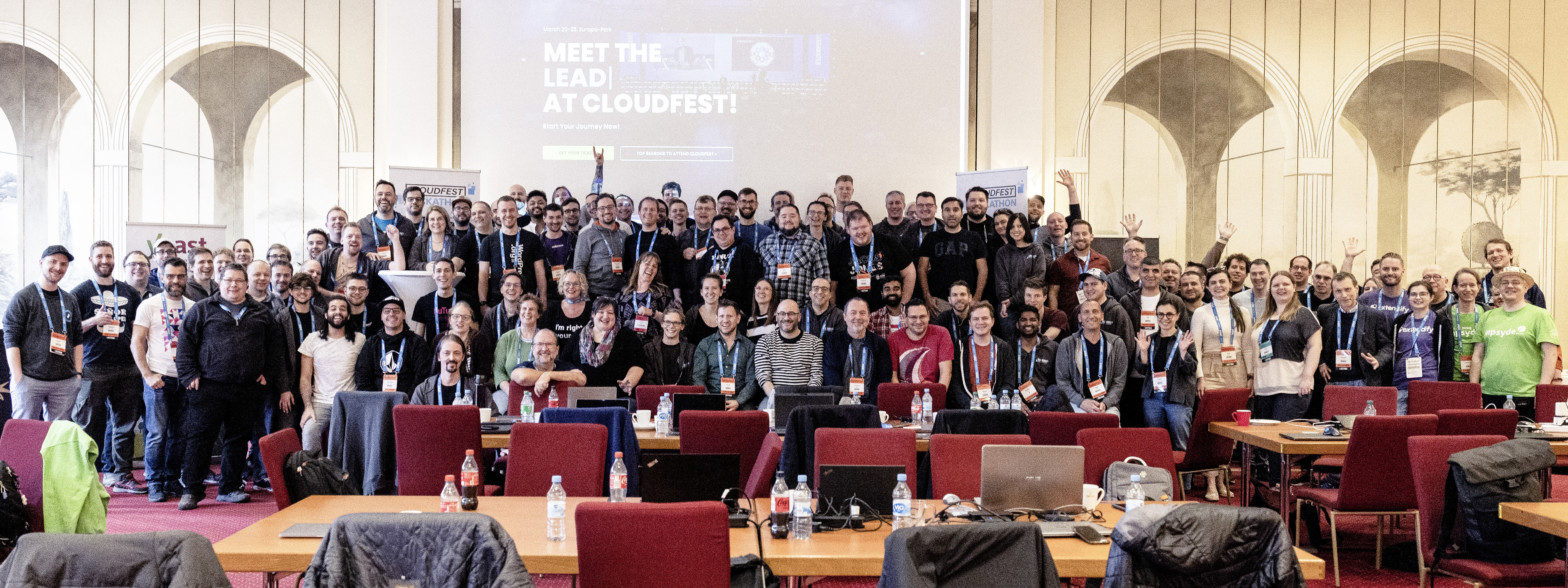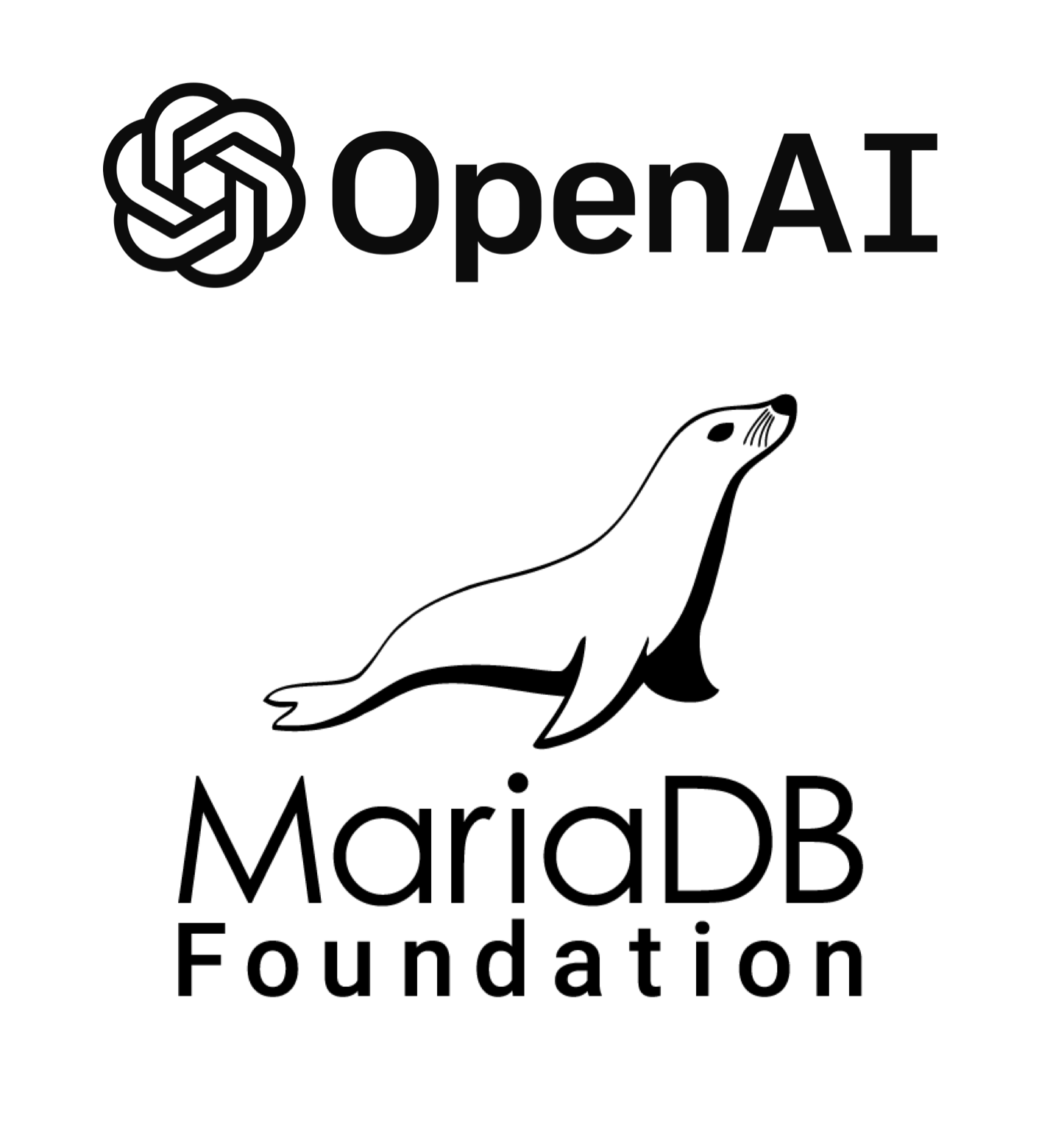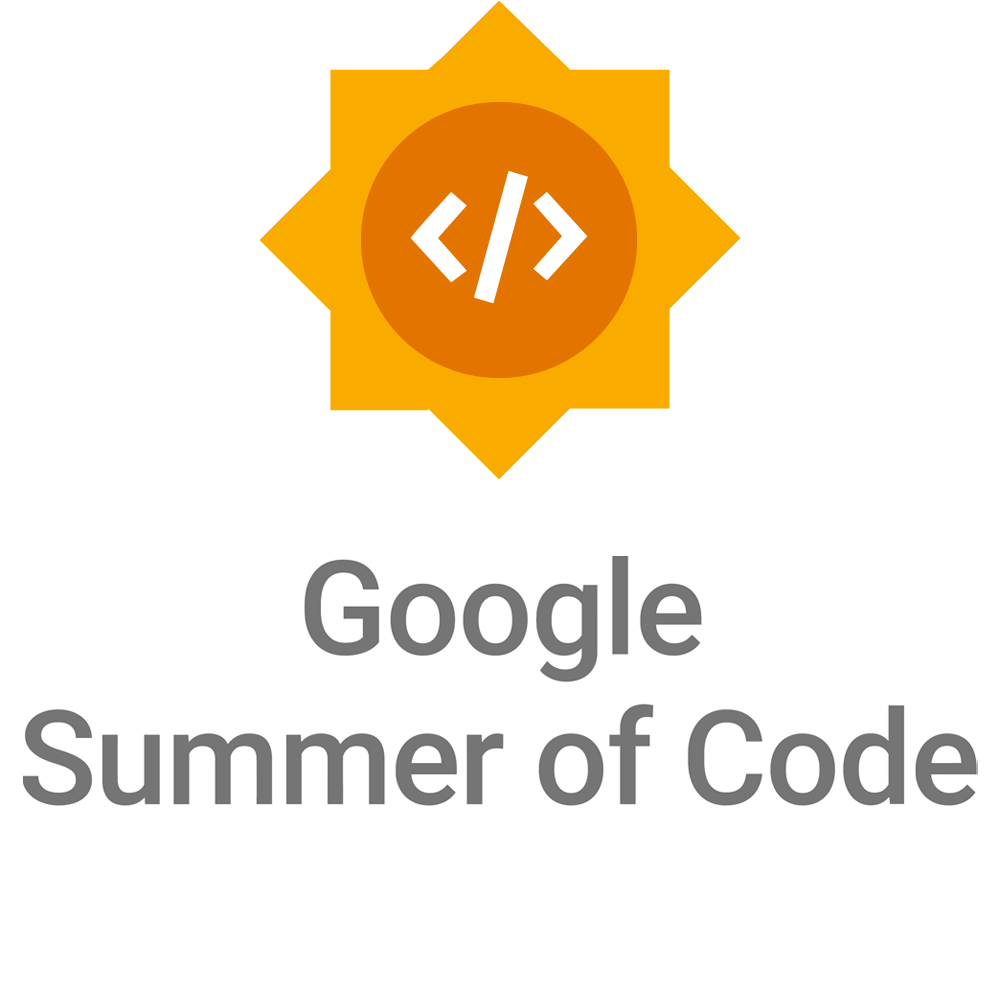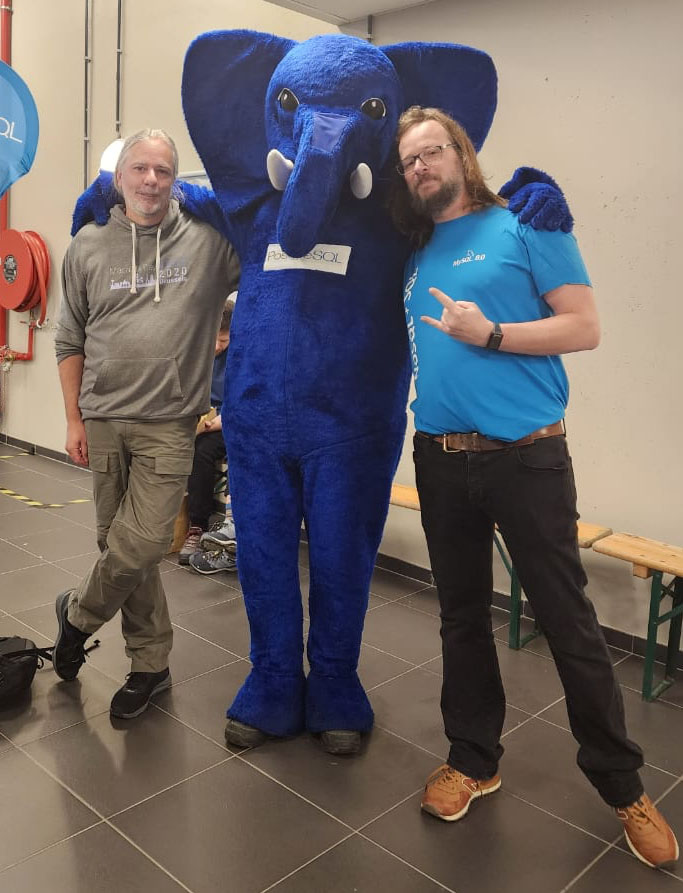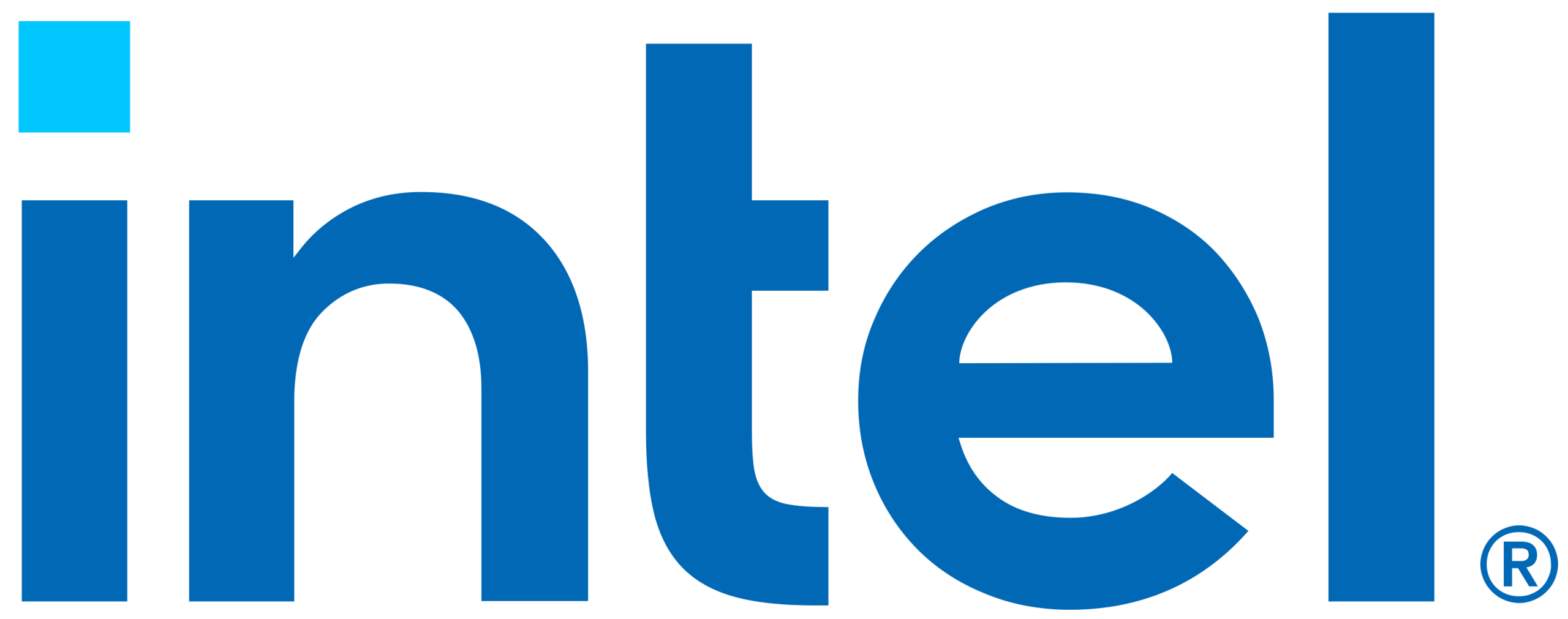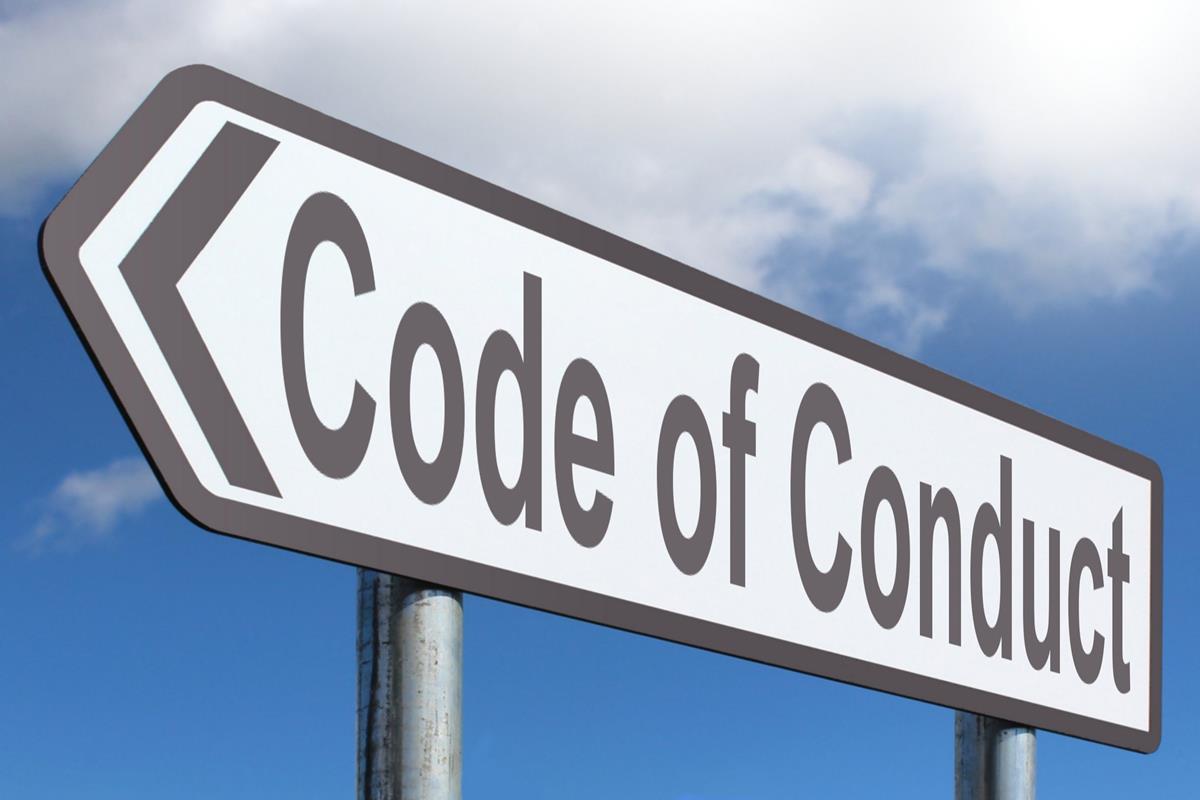Category Archives: Community
On the 18th – 20th of March there was a Hackathon before the CloudFest conference. This had 11 projects and well over 100 participants every team producing something great. In fact, thanks to the Hackathon, there is a new MariaDB Health Checks plugin available for WordPress.
(more…) …
Continue reading “MariaDB Foundation at CloudFest Hackathon”
When everybody and their grandmother are talking about ChatGPT, you know something is happening – something with significance outside the usual IT bubble. As the first in a series of blog entries, let me reflect upon what AI means for users of MariaDB Server – or, at least, what implications we at the MariaDB Foundation can see at this point in time.
The AI revolution is inevitable …
Pundits say that lawyers or programmers won’t be replaced by AI – but they will be replaced by lawyers or programmers that use AI. I would agree.
…
Due to a catalogue of issues our previous quarterly update for developer metrics was not published. This time, however, we have made quite a few changes. In this post, we will summarise 2022 and what has happened in the first couple of months of 2023. All the data for this blog post can be found in CSV format in the release section of the MariaDB Metrics repository, along with everything you need to generate the metrics yourself.
Changes to metrics gathering
For the main commit metrics, we use a tool called “GitDM” or Git Data Miner which was developed for the git kernel trees to group commits by people and organisations.
…
Continue reading “MariaDB Contribution Statistics, March 2023”
The Google Summer of Code is a fantastic program that pairs new contributors up with mentors and pays them to work on open source projects.
MariaDB has been part of Google Summer of Code for 10 years and we are happy to announce that we are officially part of the program this year, too!
Traditionally, GSoC has only been open to university students, but now it is available to anyone! I’m a big fan of this, because talented people who do not have the opportunity to go to university can get involved. It also benefits those who are working towards a change into a career in software development.
…
Finally, a face to face FOSDEM! The encounters invigorated day-to-day work for all of MariaDB Foundation, even those of us not present in Brussels.
Withdrawal symptoms
With three years since last time, it felt like it was about time to see the familiar FOSDEM faces live again. Finally, last weekend gave us a chance to do what one had come to take for granted – meet in packed devrooms, hear the latest, chat in corridors, exchange thoughts and make plans at Brussels cafés and restaurants.
Back with MySQL
The MariaDB, MySQL and Friends room was back together in one room, having been separated virtually.
…
I’ve mentioned in past blog posts that not every contribution is a code contribution. There are many possible contributions that are valuable, including testing, bug reports, helping the community, etc.
Non-code contributions are quite invisible
Unfortunately, non-code contributions are sometimes invisible to the wider community, so today I wanted to shine a light on some such contributions. In this case, contributions made by one of our sponsors, Intel.
Intel is open source friendly
Intel have been an open source friendly company for a long time. But have recently pushed harder than ever towards open source, even giving their first ever new Innovation Award to Linus Torvalds.
…
It may be long overdue, but based on recent events, we have launched Code of Conduct project at MariaDB Foundation. Our aim is to get your feedback and define a CoC, ideally by end of January, if we see convergence.
In the meantime, if we see unacceptable behaviour on the MariaDB mailing list or elsewhere, we will take action. We want to extend our apology to those who have had unpleasant experiences, about which we have done nothing in the past.
As for the code of conduct wording, our goal is to keep it short. Lofty goals often trigger distractive debates;
…
I’m going to start this blog post by saying that I made a mistake, a mistake that means all of the metrics blog posts so far have been made with erroneous data. As part of our openness value I will give a post-mortem of the issue here.
Metrics generation
Before we look into what went wrong, I first need to give a bit of background. The commit metrics are generated using a tool called “gitdm”, this is a “Git Data Miner” that was designed to generate commit statistics for the Linux Kernel. Our fork of this is in the metrics repository which includes some customisations that fit MariaDB Server’s needs better.
…
